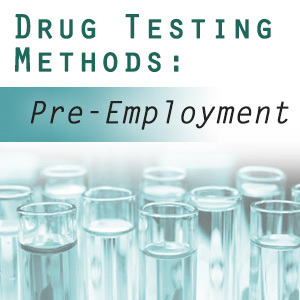
Pre-employment drug testing remains the most popular type of drug testing among employers. Most businesses in the United States are not required to drug test their employees. However, a study conducted by the Society for Human Resource Management (SHRM) surveyed 454 HR professionals and found that 84 percent administer pre-employment drug tests.
Employers choose to drug test because they find it an effective deterrent against drug abuse and its impact on businesses. A comprehensive study examining the relationship between pre-employment drug test results and absenteeism determined that those who tested positive had absenteeism rates 59.3% higher than those who tested negative. Additionally, the turnover rate for employees with positive drug test results was 47% higher.
In New York, private employers can give drug tests to potential employees once they have extended an offer for employment. By law, employers also must test all applicants for similar positions in the interest of fairness and to avoid discrimination.
Notifying applicants in advance of a pre-employment drug testing policy can discourage those with existing drug abuse problems from applying in the first place. Along the same lines, applicants can decline to take a drug test. However, this usually disqualifies them for consideration.
Applicants that take certain prescription drugs may test positive for some substances during employer drug testing. A medical review officer (MRO) will contact the employee regarding legitimate reasons for a positive test. At that point, the employee can inform them of their prescription medications. Of course, prescription drugs can be intentionally abused. For that reason, particularly high concentrations of some substances may be a red flag for abuse. A certified MRO makes these decisions and not the employer.
